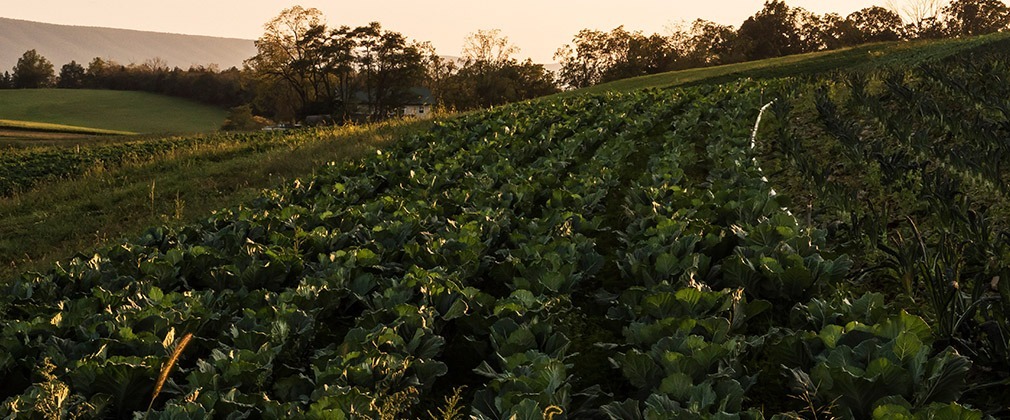Our Work

Food production can have serious implications for public health and the environment. In the modern era, industrialized methods are used to produce the majority of the world’s food. There is increasing evidence that aspects of these production methods can negatively impact people (including agricultural workers, rural communities, and the public) and cause environmental harms (through contributions to climate change, threats to biodiversity, and other ecosystem damages).
Solving the most wicked of problems stemming from food production systems cannot be accomplished overnight; nor can it be done through a narrow, reductionist lens. CLF is well-positioned to address this challenge, drawing on nearly 30 years of research, education, communication and evidence-based advocacy for policy change. We recognize that food systems change can only be realized through interdisciplinary, collaborative, systems-oriented approaches that employ thoughtfully considered strategies and tactics.
In recognition of the nuances and complexities inherent in food systems, CLF has developed an agenda to both guide our work and serve as a basis for communicating our focus. The CLF Public Health Agenda for Food Systems Change comprises four principles that guide current research, education, community and policy work at the Center. Of the numerous projects and activities CLF is engaged in, all are rooted in at least one of these principles.
They are:
- Promote transitions to food production methods that support the health of people and the planet
- Align policies on food production and consumption for healthy diets
- Protect food system workers and communities most affected by food production practices
- Expand transparency around food system practices and their impacts



